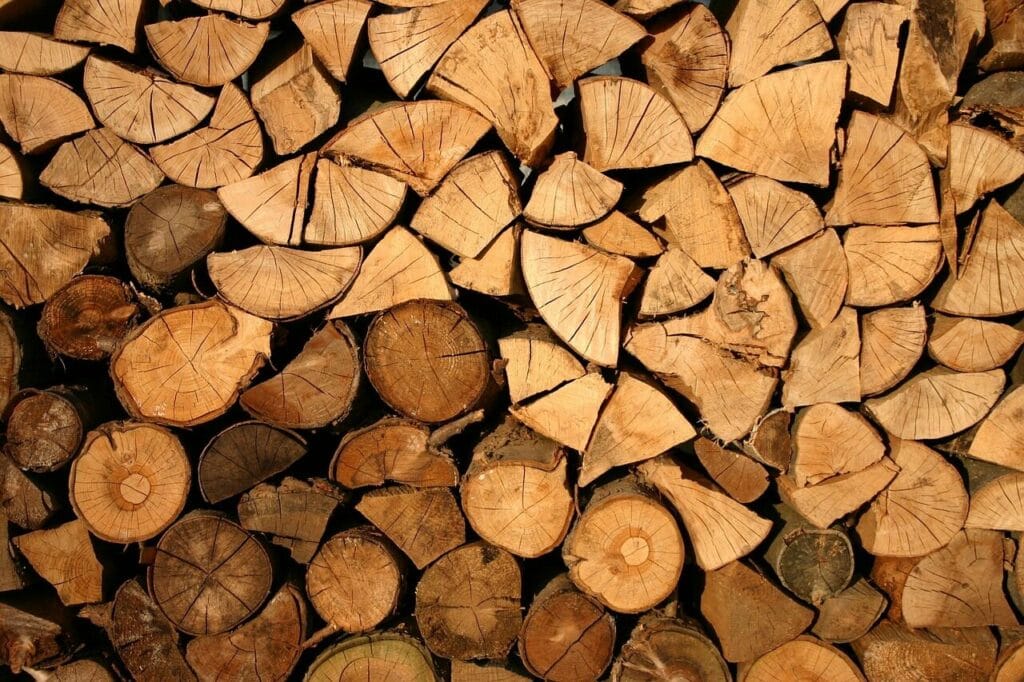The ongoing dispute over softwood lumber between Canada and the U.S. is making headlines as Ottawa shifts its stance, withdrawing from legal battles over duties from 2017 and 2019 in a bid to pave the way for broader trade negotiations.
While this move is seen as strategic by the federal government to facilitate trade talks, it has sparked concerns among softwood producers in British Columbia, the largest lumber-producing province in Canada, who feel the repercussions of this decision.
Industry players are hopeful that the government’s intervention will lead to more significant actions in addressing the current U.S. duties, especially as a review of the Canada-United States-Mexico Agreement (CUSMA) approaches.
However, the uncertainty looms large for local lumber businesses, with U.S. duties spiking by 20 percentage points in recent weeks, creating a challenging environment for trade.
Brian Menzies, from the Independent Wood Processors Association of B.C., emphasized the need to adapt to the new trade dynamics, stating, “We are now navigating a different agreement with added tariffs, reaching up to 35 per cent.”
At Kermode Forest Products, a significant portion of their lumber exports go to the U.S., but the escalating prices and reduced demand from American buyers are putting a strain on their operations.
Ed Arnold, director of Kermode, expressed the industry’s mounting concerns, saying, “The impact on our business has been substantial due to the spike in costs for our American clients. We are in a state of uncertainty and hoping for a swift and favorable resolution.”
In response to the challenges faced by the forestry sector, the province plans to roll out two new initiatives in collaboration with the federal government to support workers and communities affected by the U.S. tariffs.

